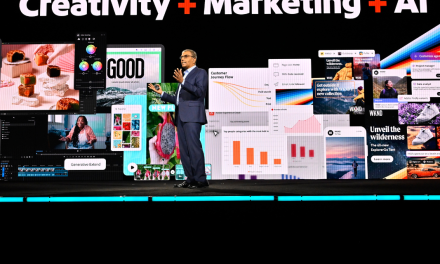Agile projects are fast and more likely to succeed than traditional projects. Find out why.
The agile approach launches marketing campaigns faster, which aims to provide real-time results. Aside from marketing campaign velocity, agile marketing’s top benefits include better project visibility, early roadblock identification, marketing efficiency, and higher quality output.
Agile projects are fast and more likely to succeed than traditional projects. According to Marketing Insider Group, 98% of organisations surveyed say they’ve attained successful agile projects. About 53% of agile squad marketing teams change gears fast based on real-time feedback.
There’s no doubt about the promising business advantages of building an agile squad marketing team. So, it’s not surprising for many APAC businesses to embrace agile marketing methodologies nowadays.
Unlike the agency model with a pre-defined timeline, agile marketing is reactive, depending on the emerging consumer and business needs. However, the agile approach poses different challenges to marketing teams.
Challenges In Agile Marketing Management
According to Mckinsey, agile squad marketing breaks the traditional agency model, but marketers usually encounter problems collaborating with third parties and external partners to achieve complete business transformation. The challenges in attaining agile squad marketing include the following areas:
- Scope of work
Challenge: The priorities of an agile squad marketing team can change daily and deliverables every two weeks. It creates uncertainties around deliverables, wherein partners find it difficult to predict and prepare the resources necessary to accommodate rapidly changing priorities and deliverables.
Solution: Overcome this challenge by sharing one vision and setting proper expectations early. - Agency compensation arrangements
Challenge: Fully agile squad management involves time- or labour-based compensation, charging higher fees than deliverable-based compensation.
Solution: Align compensation and incentives with positive test results to be able to demand higher budgets. - Operating model
In an agency operating model, not all employees are fully dedicated to the account. With agile marketing, all squad members should be a hundred percent dedicated, including marketers and third-party partners, to expedite the process. - Talent and culture
Challenge: Agile squad marketing involves a cohesive team culture with all members collaborating and working on one account. However, agencies trying to adopt the agile marketing approach struggle to find talents with the appropriate tenure and flexible skills.
Solution: Hire outside talents to complement in-house expertise. The agency should be well versed in the organisational culture of the company (client). - Metrics for success
Marketers and third-party partners have their own data sets and platforms in the agency model, in which results are often seen in end-of-the-month, quarterly, and annual reports. With an agile marketing model, the results must be real-time for quick decision-making to keep up with fast-changing priorities and deliverables. Hence, a huge obstacle in this approach is the hesitation of squad members to share data and performance reviews in a snap.
Solution: Combine data sources to create real-time dashboards. Agencies should avoid hesitation and think differently to add value and nurture client relationships.
APAC Companies Adopt Agile
Agile, tech-based APAC businesses, such as Grab, Tencent Music, and WeLab navigate the COVID-19 pandemic using instinct and imagination that inspired Superunion’s Asia CEO, Benedict Gordon. These companies constantly find ways to integrate their offerings into the lives of their customers, not allowing the current market standing to knock their ground.
Asia’s HubSpot’s marketing team, led by David Fallarme, shared how they developed a successful global campaign, Adapt 2020, by implementing agile marketing during challenging times. On just short notice, the company launched the campaign and created content that customers need. With a federated structure, marketing teams have a fair degree of autonomy, allowing quick process iteration, prioritising the customer’s needs first.
Creating an agile squad marketing team can help transform a business or organisation. Because of the marketing speed, responsiveness, efficiency, and data-driven results of agile marketing, many companies are planning to shift from the traditional agency model to the agile model.



















